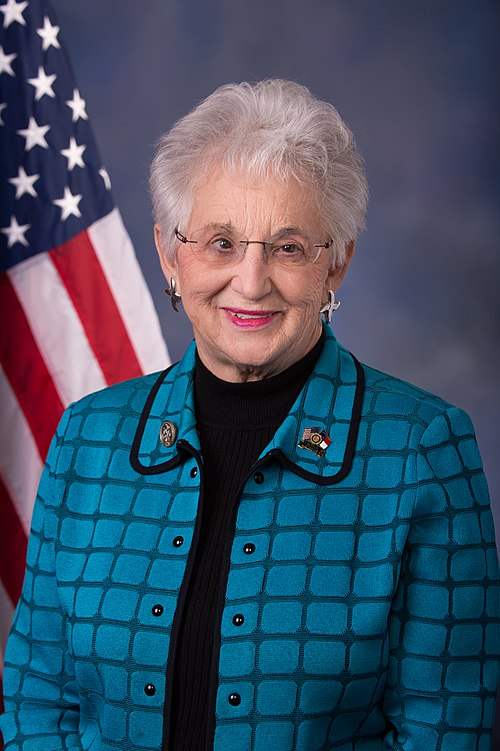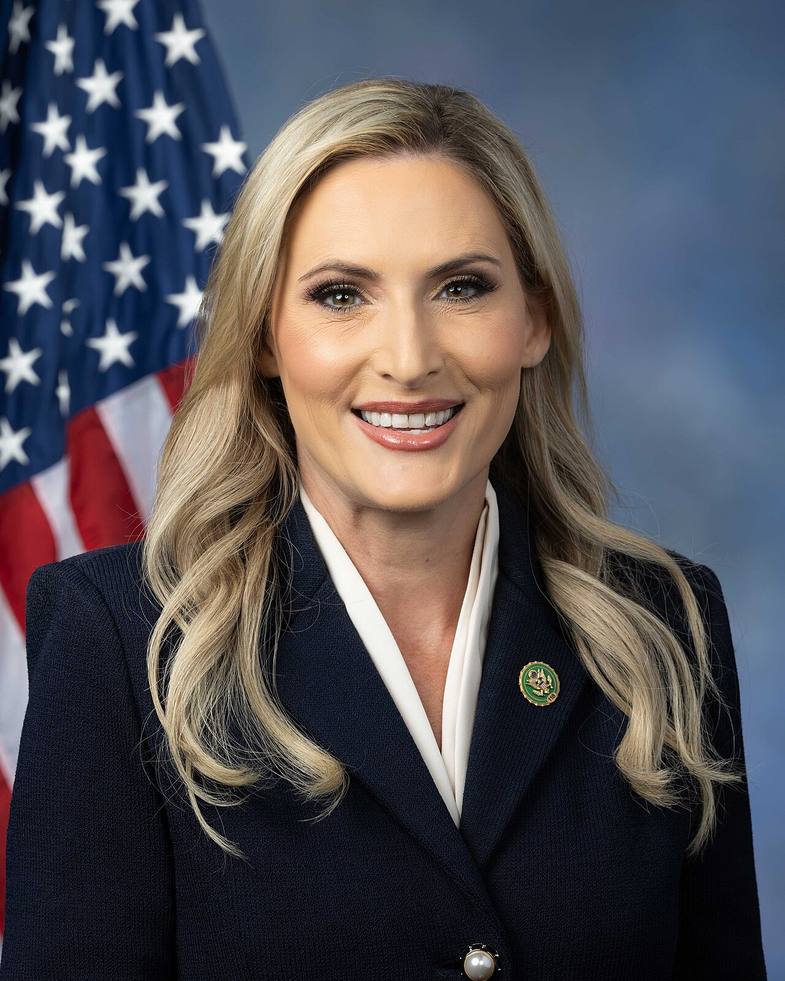H.R. 1189: National Plan for Epilepsy Act
This bill, known as the National Plan for Epilepsy Act, aims to create a comprehensive national strategy to address the issues related to epilepsy in the United States. The main goal is to improve prevention, diagnosis, treatment, and potential cures for epilepsy, which is a disorder affecting millions of people across the country.
Key Provisions of the Bill
- National Plan Creation: The bill mandates the establishment of a National Plan for Epilepsy, overseen by the Secretary of Health and Human Services. This plan will organize various efforts to tackle epilepsy systematically.
- Integrated Approach: The Secretary will develop and maintain an integrated national strategy that includes prevention, diagnosis, treatment, and research into epilepsy.
- Research Coordination: The bill emphasizes the need for coordination of research and services related to epilepsy across different federal agencies, enhancing collaboration and resource sharing.
- Public Information: Regularly updated information regarding the federal investment in epilepsy initiatives will be provided, ensuring transparency and accessibility of current data.
- Encouraging Innovations: The bill promotes the development of new treatments and strategies that can help prevent, diagnose, and treat epilepsy, as well as improve the quality of life for those affected by the condition.
- Assessment and Reporting: An annual assessment will be conducted to review national efforts concerning epilepsy. This will include recommendations for actions to address priority issues, as well as a report to Congress every two years evaluating progress and outcomes.
- Advisory Council Establishment: An Advisory Council on Epilepsy will be formed to provide guidance on epilepsy-related matters, including representation from federal agencies, healthcare professionals, individuals living with epilepsy, and caregivers.
- Public Engagement: Meetings of the Advisory Council will be open to the public, allowing for community involvement and feedback on epilepsy initiatives.
- Emphasis on Data Sharing: The bill encourages data sharing among agencies to better inform the Secretary and enhance reporting and research related to epilepsy.
- Sunset Clause: The provisions of the bill are set to expire on December 31, 2035, unless renewed or extended.
Context and Impact
Approximately 3 million adults and 456,000 children in the U.S. are living with epilepsy. The condition can lead to uncontrollable seizures, with many individuals unable to work or suffering from significant health and financial burdens. The bill seeks to alleviate these issues by improving access to diagnosis and treatment, enhancing research capabilities, and increasing public awareness about epilepsy.
Relevant Companies
- ABBV - AbbVie is involved in the development of pharmaceuticals, including treatments for epilepsy and neurological disorders.
- PFE - Pfizer is a pharmaceutical company that researches and produces medications, including those for epilepsy.
- LYMD - Lymda Therapeutics engages in researching new treatments for neurological conditions, which may include epilepsy therapies.
This is an AI-generated summary of the bill text. There may be mistakes.
Sponsors
30 bill sponsors
-
TrackJim Costa
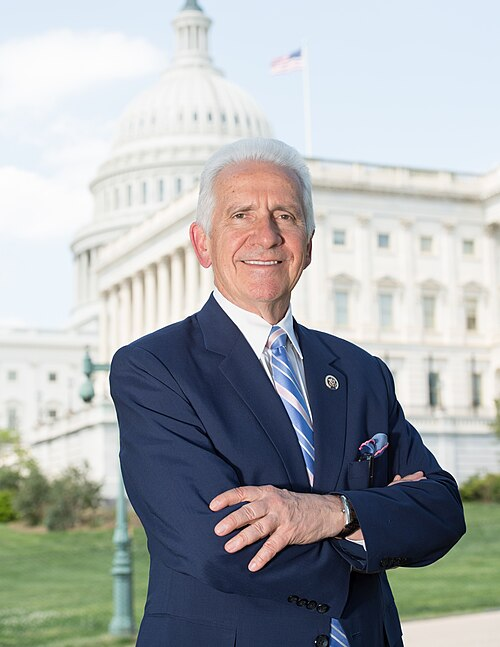
Sponsor
-
TrackGus M. Bilirakis

Co-Sponsor
-
TrackJanelle Bynum

Co-Sponsor
-
TrackSean Casten
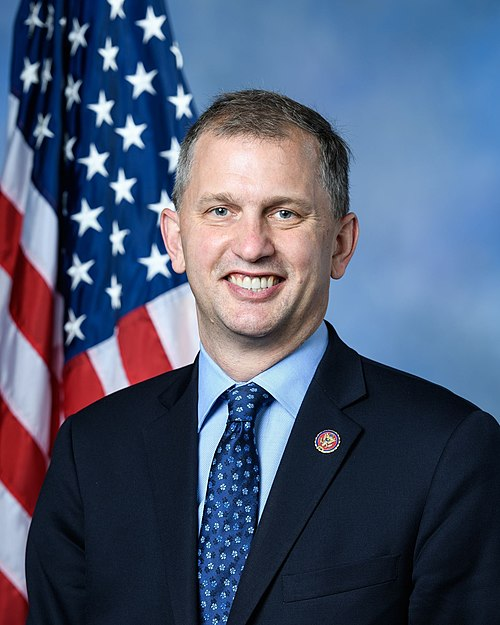
Co-Sponsor
-
TrackSteve Cohen

Co-Sponsor
-
TrackHenry Cuellar
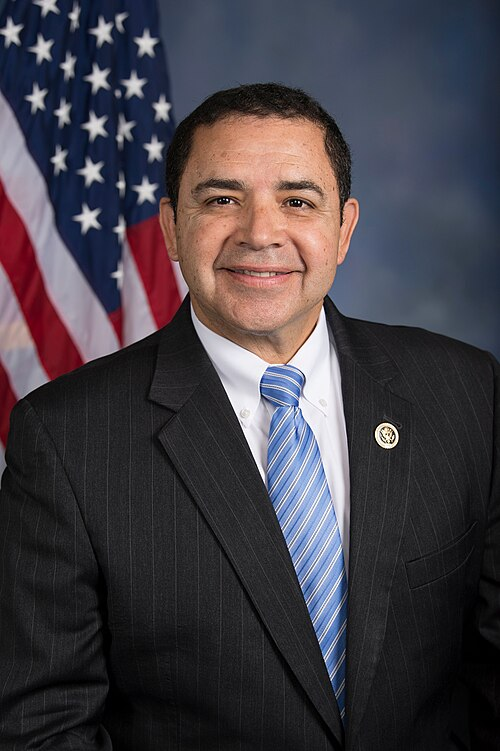
Co-Sponsor
-
TrackSharice Davids
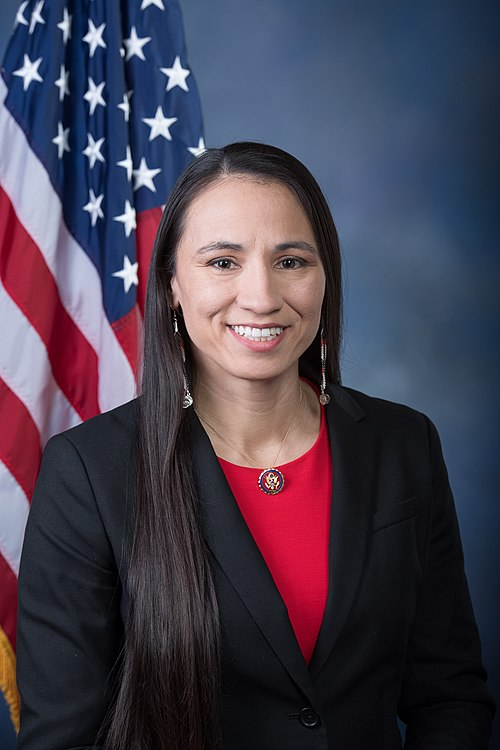
Co-Sponsor
-
TrackDebbie Dingell

Co-Sponsor
-
TrackBrian K. Fitzpatrick
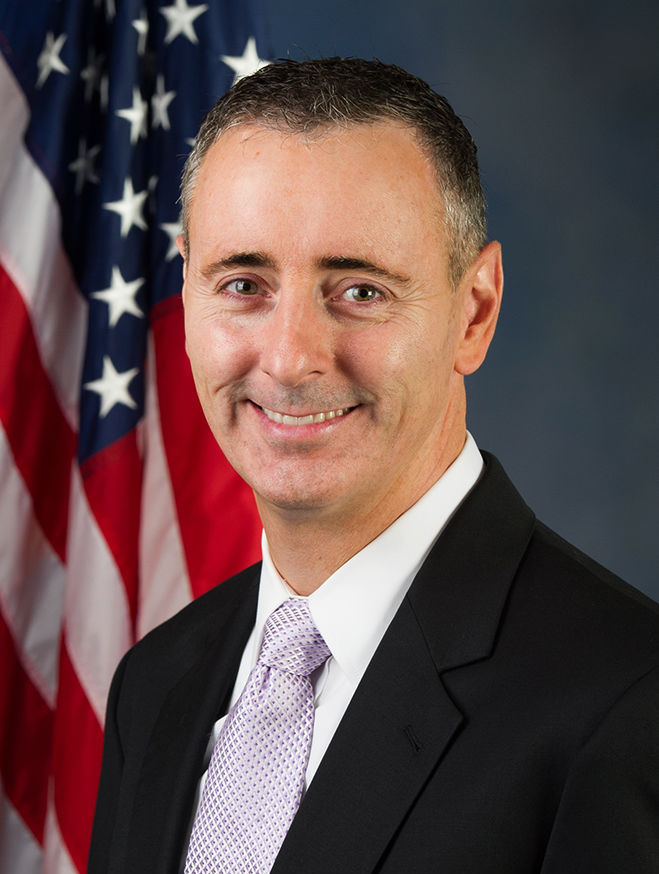
Co-Sponsor
-
TrackLois Frankel
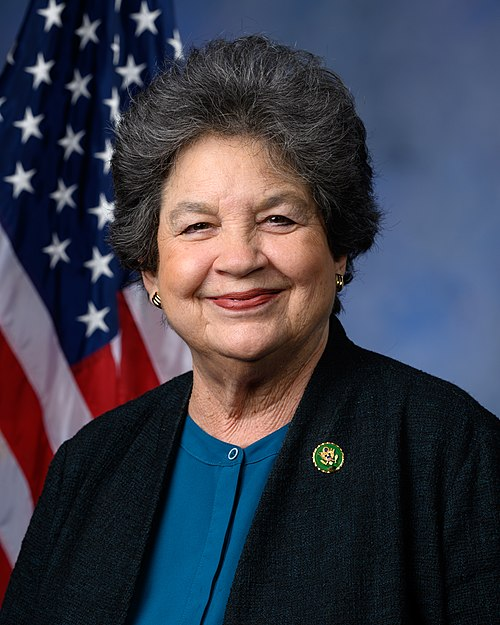
Co-Sponsor
-
TrackLaura Gillen

Co-Sponsor
-
TrackJosh Gottheimer

Co-Sponsor
-
TrackDiana Harshbarger

Co-Sponsor
-
TrackSteny H. Hoyer

Co-Sponsor
-
TrackJennifer Kiggans
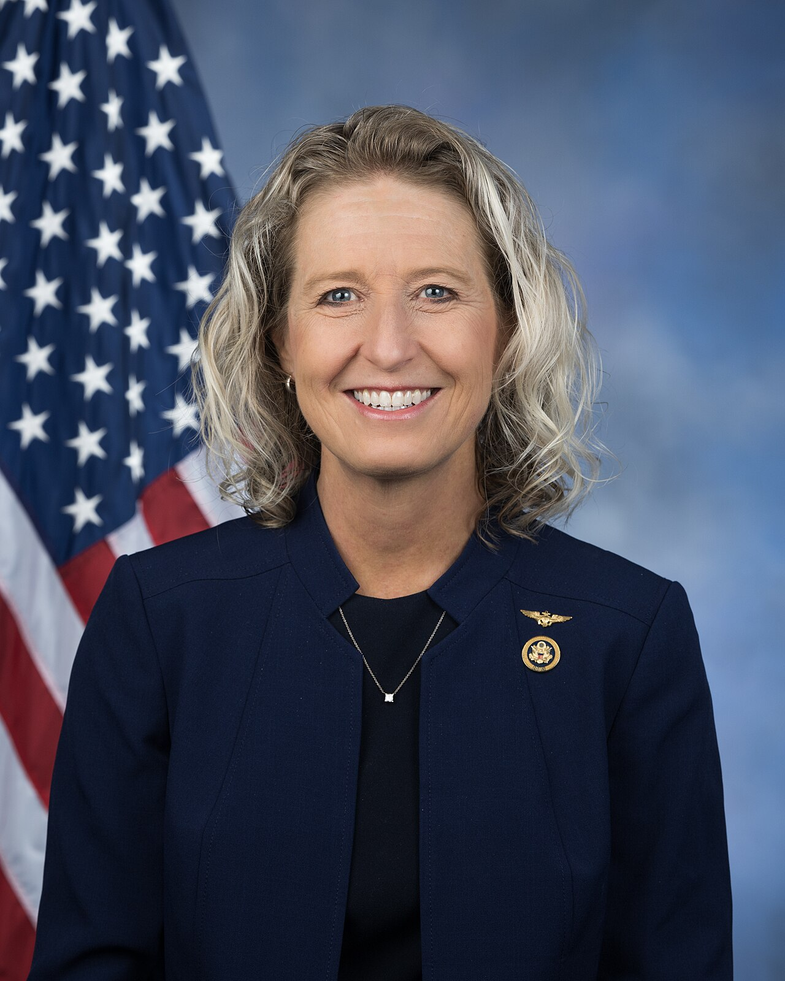
Co-Sponsor
-
TrackDarin LaHood
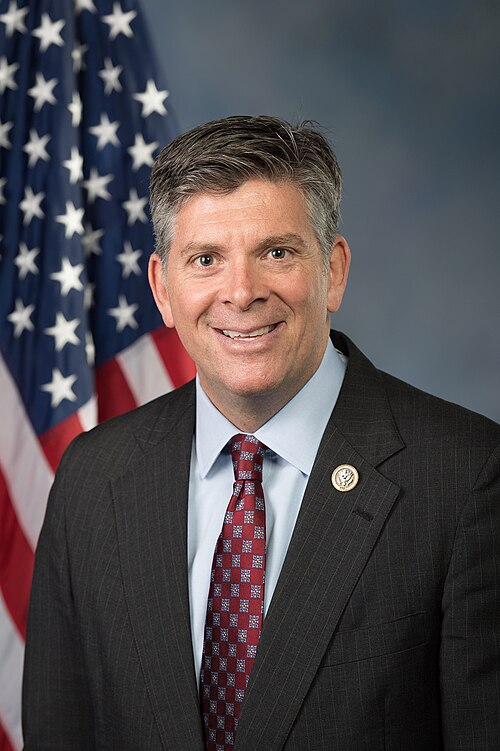
Co-Sponsor
-
TrackGreg Landsman

Co-Sponsor
-
TrackMichael Lawler
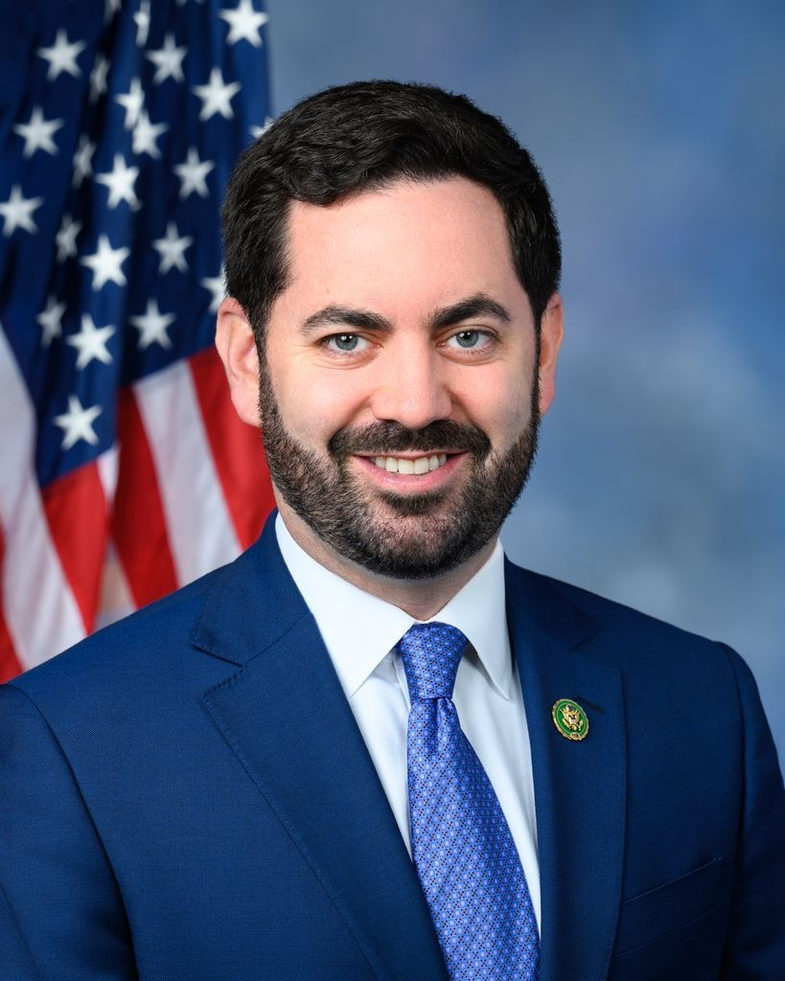
Co-Sponsor
-
TrackTed Lieu
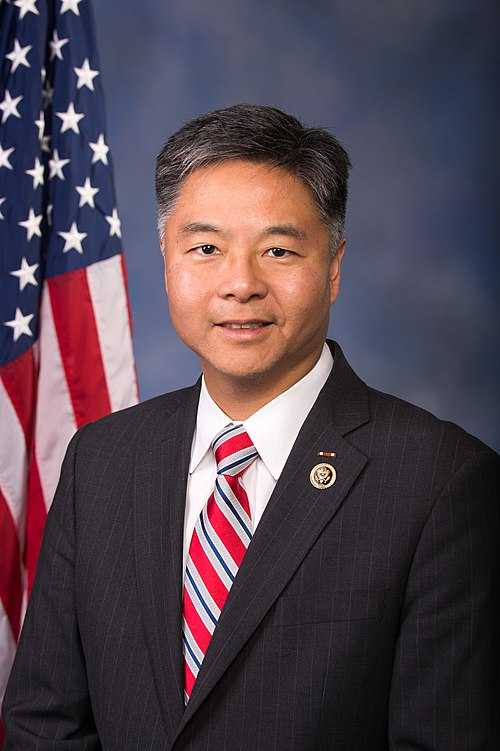
Co-Sponsor
-
TrackSarah McBride

Co-Sponsor
-
TrackMorgan McGarvey
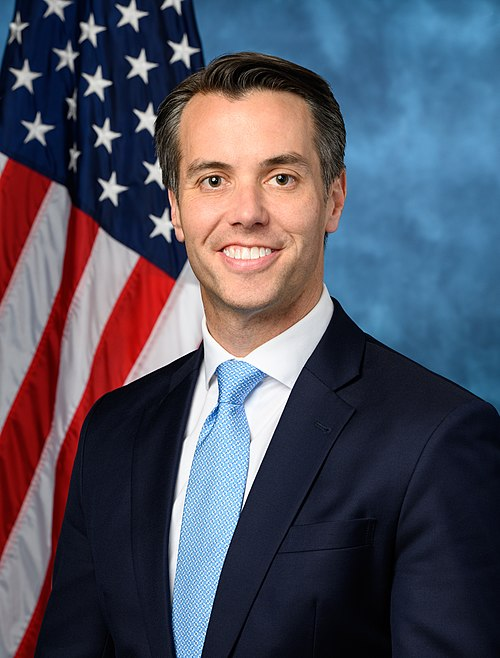
Co-Sponsor
-
TrackJohn R. Moolenaar

Co-Sponsor
-
TrackSeth Moulton
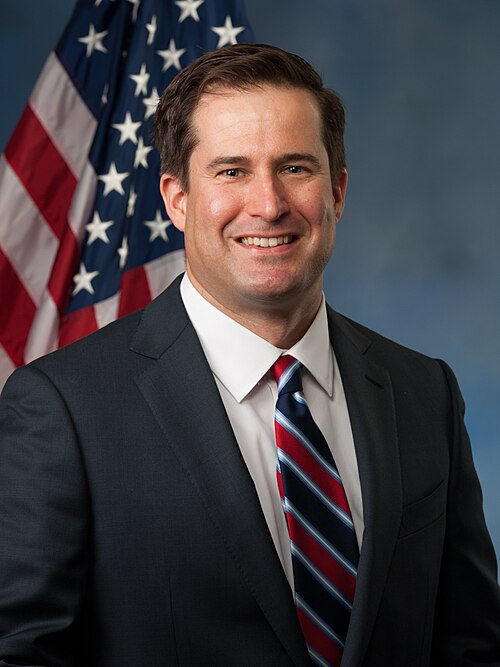
Co-Sponsor
-
TrackGregory F. Murphy
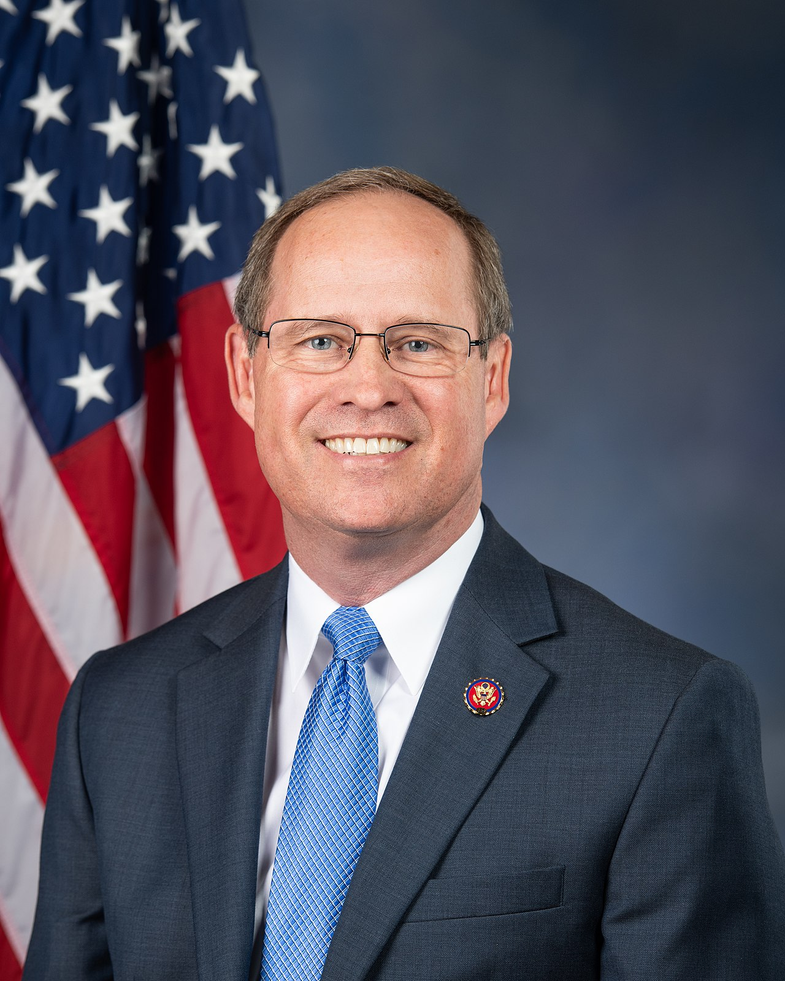
Co-Sponsor
-
TrackEleanor Holmes Norton

Co-Sponsor
-
TrackMike Quigley
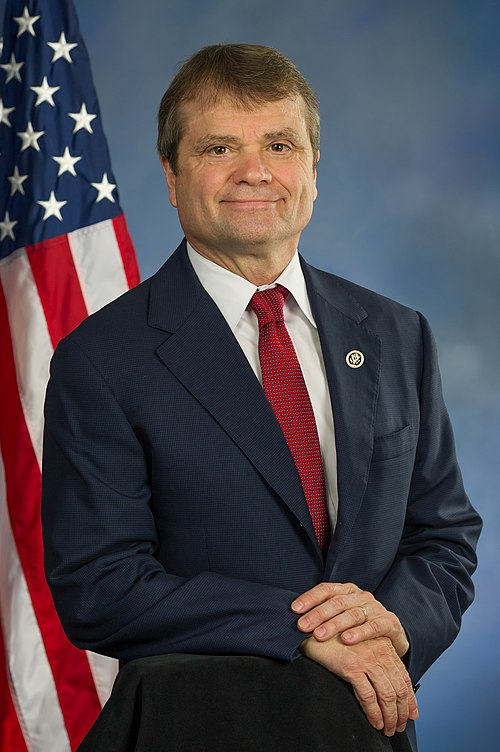
Co-Sponsor
-
TrackEric Sorensen
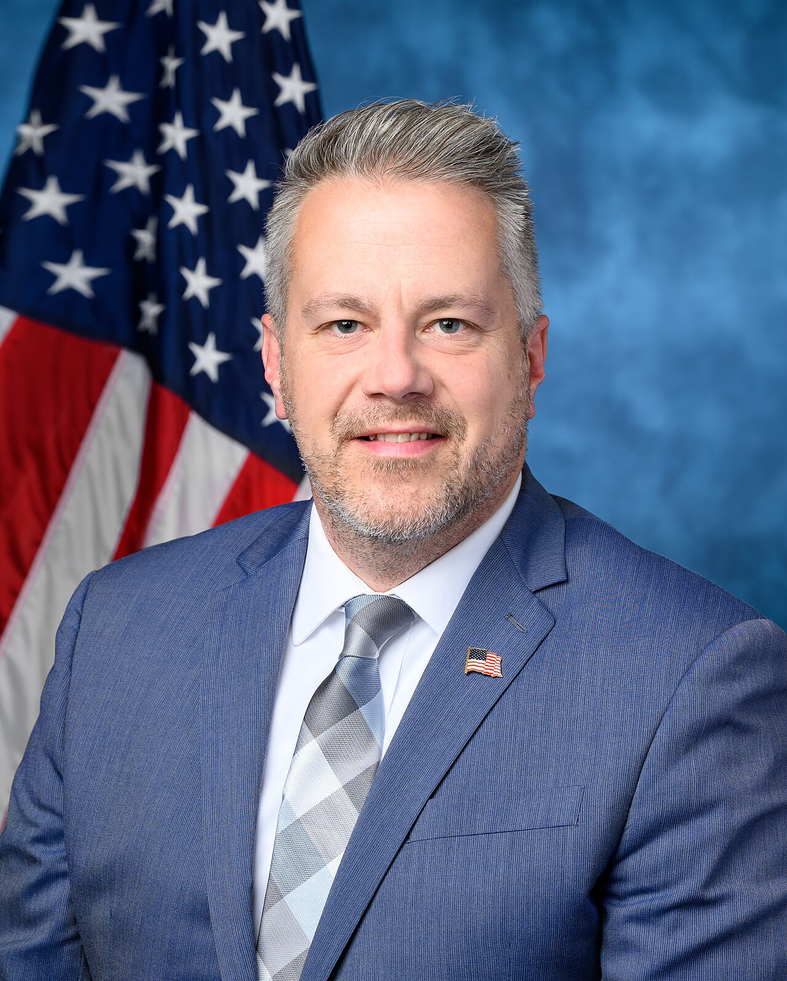
Co-Sponsor
-
TrackShri Thanedar

Co-Sponsor
-
TrackRashida Tlaib
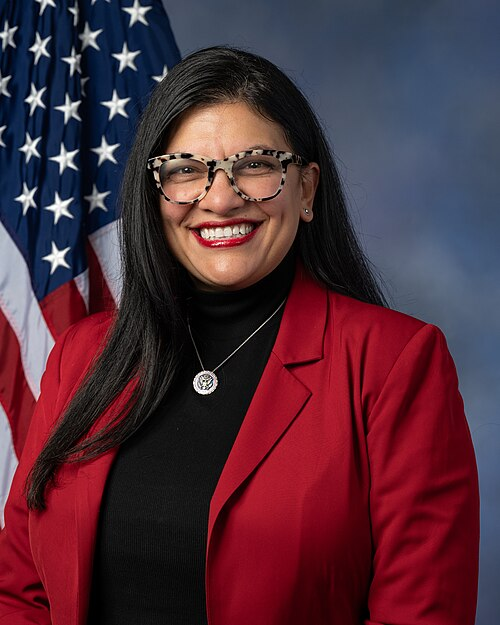
Co-Sponsor
-
TrackNydia M. Velázquez
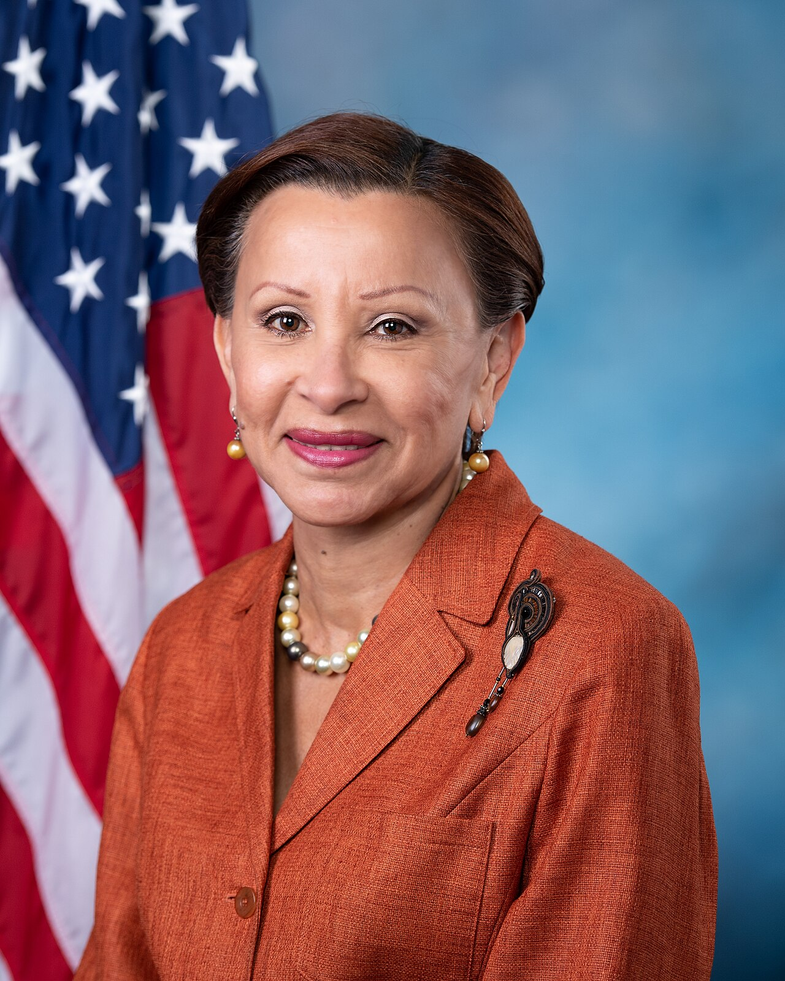
Co-Sponsor
Actions
2 actions
| Date | Action |
|---|---|
| Feb. 11, 2025 | Introduced in House |
| Feb. 11, 2025 | Referred to the House Committee on Energy and Commerce. |
Corporate Lobbying
0 companies lobbying
None found.
* Note that there can be significant delays in lobbying disclosures, and our data may be incomplete.
















